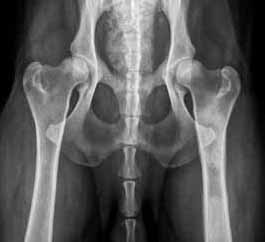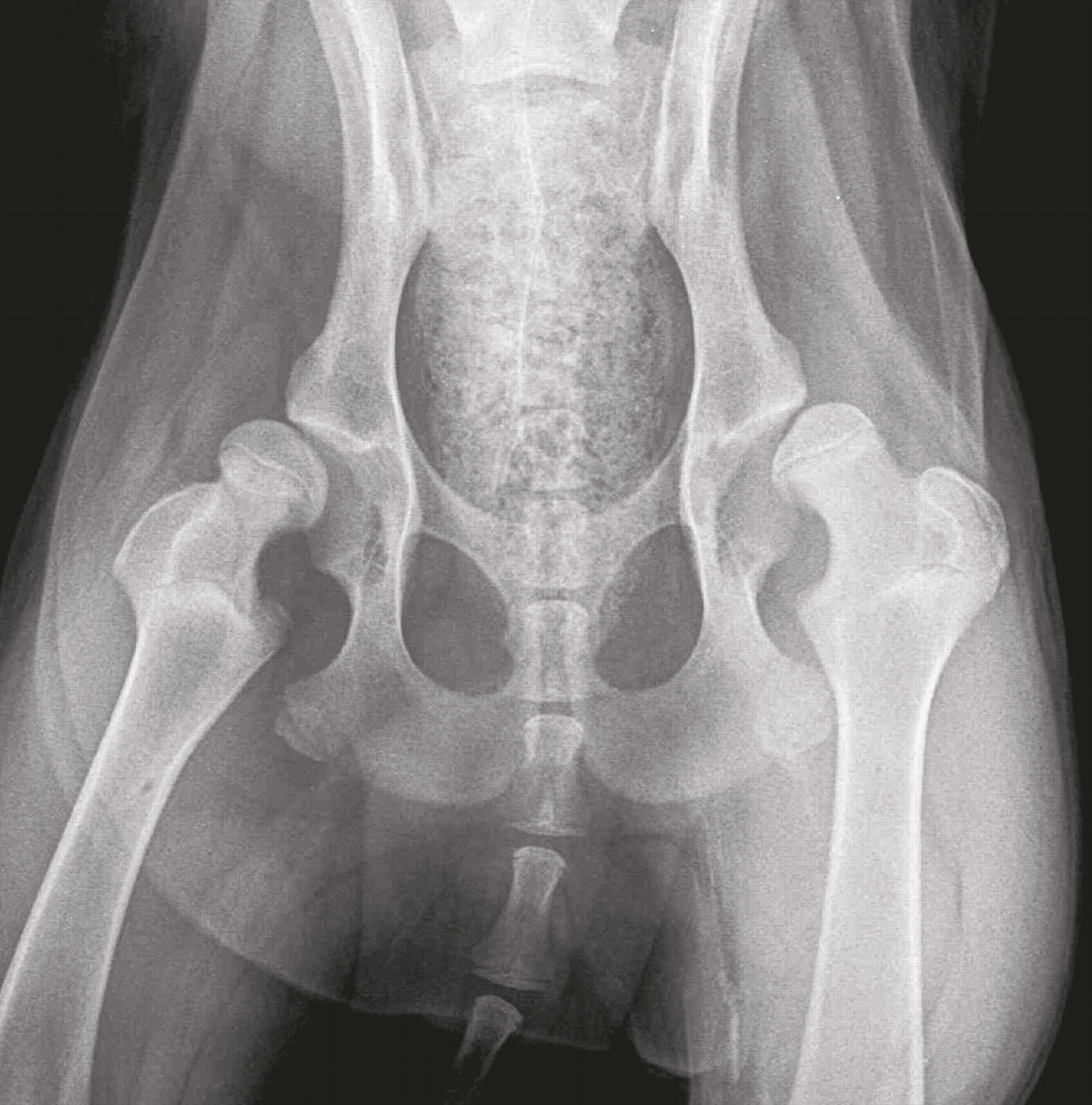ARTHRITIS IN DOGS

help your dog live longer. today.
Buy rapamycin for your dog now.
Arthritis in Dogs — The Basics
Arthritis in dogs– Does your dog have difficulty getting up or down? Are they reluctant to get into and out of your car, or do they limp while on a walks?
These are all signs of arthritis in dogs, which will create worsening pain for your dog over time without your help. The good news is that we at NaturalPet.Health can provide both the KNOWLEDGE and the PROVEN SUPPLEMENTS you need to improve your painful dog’s quality of life. Let’s get started!!
WANT A CHECKLIST ON HOW TO HELP YOUR PAINFUL DOG? HERE YOU GO.

Genetics, lifestyle, spoiling
Arthritis in Dogs– The Causes
Your dog is an amazing athlete. When was the last time YOU were able to jump as high as you are tall? I thought so.
But their athleticism comes at a price. You can only jump so high and land so hard so many times before the ligaments surrounding the joint start to stretch. As those ligaments stretch, they no longer hold the bones as tightly together… so the bones start to grate against one another. This grating erodes the joint cartilage and creates inflammation within the joint… and arthritis is born.
How early in life does arthritis in dogs occur? It is dictated by three factors:
- GENETICS — Size counts. If your parents had bad joints, you will have bad joints.
- LIFESTYLE — the more jumping, stairs, and twisting play you enjoy… the earlier your pain.
- SPOILING — every pound of fat creates an extra ton of pressure on a painful joint… each day.
The shock Absorbers
Arthritis in Dogs — Where it Occurs

Good hips
To answer this question for yourself, watch this VIDEO OF A RUNNING DOG.
What you will notice are three things:
- The lack of support for the midspine, halfway between the front and back legs
- The flexion of the wrists, elbows and knees as the dog lands, and
- The fact that ONE limb bears all the weight at different points in the stride.
WHAT THIS TELLS YOU is that over 90% of arthritic pain in dogs starts in one of four areas:
- The middle of the spine, which is the least supported and least stable area of your dog’s spine
- The shock absorbers — the elbow and wrist in the front leg, the knee in the hind leg.
We’ll toss in the instability caused by HIP DYSPLASIA, pictured here, and that’s all you need to know about where your dog’s arthritic pain is coming from.

Hip Dysplasia and Resulting Intstability

the best treatment of arthritis? Preventing arthritis.
Preventing Arthritis in Dogs
You Can Do This…. but it involves some thought.
- If you are buying a purebred dog, insist on OFA evaluation of the parents’ elbows and hips. Reputable breeders should have no objection to this.
- Minimize your dog’s weight — the obvious one.
- Minimize the ups and downs of stairs
- Minimize twisting jumps (that’s you, Frisbee players) and sudden stops (ditto, Flyball players)
- Preventive use of the supplements below
The Truth.
Supplements for Arthritis in Dogs — What Works and What Doesn’t.
THE FOUR SUPPLEMENTS PROVEN TO HELP DOGS WITH ARTHRITIS PAIN:
WE DON’T SELL VERY MANY PRODUCTS, BUT THIS PROOF IS WHY WE SELL THREE OF THE ABOVE FOUR, RIGHT HERE.
For fish oil, you are on your own — just make sure it is either Alaskan Salmon Oil or has been “molecularly distilled” to eliminate heavy metals.
SUPPLEMENTS LACKING PROOF OF BENEFIT FOR ARTHRITIC DOGS:

THE TRUTH, PART B.
Arthritis in Dogs — The Right Drugs
What drugs SHOULD you consider when treating your dog’s arthritic pain?
FOR MILD PAIN…
- ASPIRIN at a dose of 5 mg per lb body weight once daily (ie, an 81 mg child’s aspirin for a 16# dog). Give with meals, and stop immediately if you see vomiting, diarrhea, loss of appetite, or unexplained bleeding. Although widely available, aspirin is less effective and has more side effects than prescription pain relief, below.
- NOT Ibuprofen
- NOT Tylenol
FOR MODERATE PAIN…
- TRAMADOL at a dose of 2-5 mg per lb body weight every 8 hours. Benefits may take up to 14 days in chronic pain. Some vets (like me, honestly) doubt Tramadol’s benefit in pain management for dogs, but it is generally a very safe drug whose only side effect can be sedation.
- GABAPENTIN at a dose of 5-10 mg per lb body weight every 8 hours. Benefits when treating joint pain seem less reliable than when treating spinal pain. Side effect can be sedation.
- LOW DOSE NSAIDs, below
FOR CHRONIC OR SEVERE PAIN
- NSAIDs — The old kids on the block– RIMADYL, DERAMAXX, METACAM. All three are considered equal in effect, but your pet may respond better to one than another. The well-documented side effects of liver/kidney/GI disease are FAR less common than folks think, and generally occur when treatment is first started — so pay attention. Just like any other drug, if you see something unusual, STOP the drug. My own spoiled dog Brook has been on Rimadyl for over 2 years without any side effect… just benefits.
- GALLIPRANT — the NEW kid on the block. NSAID potency without the side effects!! A little pricey, but a gamechanger for painful pets with coexisting liver or kidney problems.
- As your pet’s pain relief needs increase, you can safely combine NSAIDs with Tramadol or Gabapentin, above.

the next step
Arthritis in Dogs — Laser Therapy
LASER THERAPY WORKS. Just ask our dog Brook.
Laser treatment is a great choice for arthritic dogs, either as…
- Standalone treatment for mild to moderate pain, or
- In combination with drugs for more severe pain.
The Benefits? Less Pain, Zero side effects
The Negatives? Repeated trips to your vet, and can get pricey over long periods.
What you should ask your vet:
- What class and wattage is their laser? Class 4 lasers are the most powerful, and the higher the wattage the less time you pet’s treatment will take.
- Because treatments will be ongoing, what packages of treatments does your vet have, and what is their cost?
treatment where it’s needed.
Arthritis in Dogs — Injections into Your Dog’s Arthritic Joint
Injections into your pet’s arthritic joint are a logical thought in three scenarios:
- if the source of your pet’s pain is just one joint,
- if they are sensitive to the oral drugs mentioned above, or
- if their pain is progressing in spite of combination therapy.
What you need to know about intra-articular injections to help the arthritic dog:
- The benefits can be PROFOUND.
- Intra-articular jections typically require sedation and clipping/disinfection of the skin over the joint
- The primary risk is the needle running into a skin bacteria and carrying it into the joint, creating a joint infection. This is a very rare complication, but you should chat about it with your veterinarian.
THE THREE TYPES OF INTRA-ARTICULAR INJECTIONS FOR ARTHRITIS IN DOGS:
- JOINT LUBRICANTS, such as hyaluronic acid (HA). Think of these as adding a quart of oil to a creaky joint.
- STEROIDS to reduce inflammation — this is tyically done only in cases of severe arthritis, but can offer months of relief with one injection of repository steroids such as Depo-Medrol. Sometimes given in combination with HA, above.
- STEM CELLS— Remember way back at the beginning, where I mentioned the erosion of joint cartilage as a cause of worsening joint function and pain? Stem cells are the only treatment proven to regrow joint cartilage. Pricey? Yes. But a potential gamechanger for your arthritic dog.
If you have questions about INTRA-ARTICULAR INJECTIONS FOR THE ARTHRITIC DOG, please email me below and let’s chat!!

